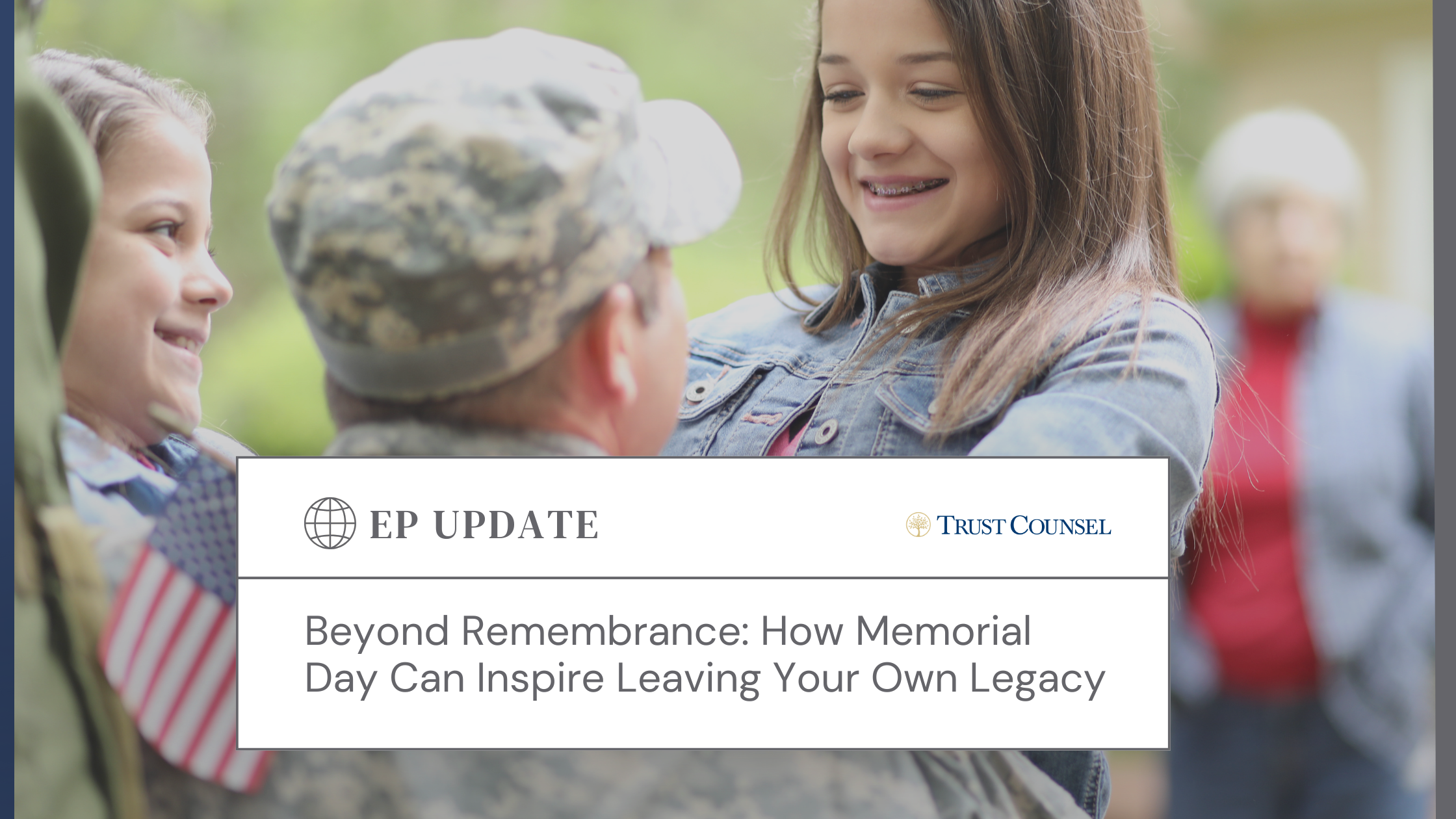
A good friend of mine wasn’t expecting to get a serious illness as a young lawyer, so like most people he and his wife had done little to prepare. For this reason, I encourage you to get things in order no matter what stage of life you may be in. One of the things you can do to help ease the burden of difficult decisions for your loved ones in case of tragedy is to have a living will or advance health care directive in place.
The living will and advance health care directive are basically the same thing. Use of either term depends on who you talk to. Some hospitals call it one, some the other. Same goes for lawyers.
Both terms refer to documents that tell the doctors what procedures they can and cannot do to you or who will make that decision for you. They deal with issues such as when CPR or other interventions should or should not be performed, who can make health care decisions for you, and what type of facility you would be taken to.
In order for your personal wishes to be carried out, you need to include others in the conversation. It also helps to get the documents directly from a lawyer that knows how you are most likely to need to use them. For example, if you have the wrong legal document, the doctor is not going to have time to read it through and decide if they should perform something as critical as CPR on you or not.
Speaking of CPR, on TV 75% of the people that have CPR have a good outcome, while in reality only 8% of people that have CPR performed will survive longer than a month. You have a 3% chance of having normal brain function. You also have a 3% chance of being in a prolonged vegetative state. Talking to a doctor about what happens during different procedures and what the possible outcomes would be is important when making these end of life decisions.
Get the facts. Make the decisions. Make sure your loved ones know about your wishes. And then rest easier, knowing you have done what you can to make things easier for them and you when the unthinkable happens.





